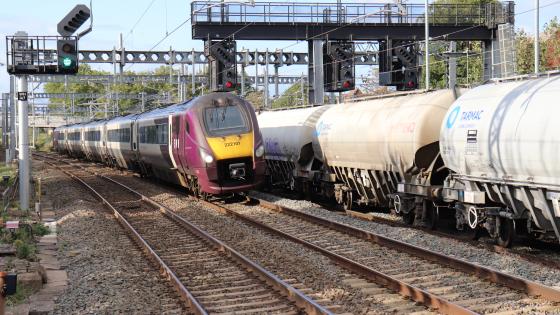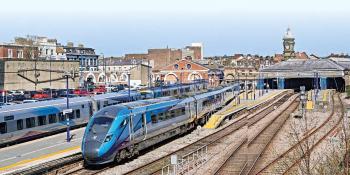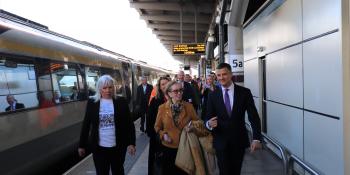
The Government has published its Rail Reform Bill in draft form, which it says will ‘deliver a bold vision for future rail customers.’
Core to the plan is creation of Great British Railways, which will be responsible for rail infrastructure and specifying most passenger services. It will take over the role of franchising authority from the Department for Transport.
Private sector operators are expected to deliver most passenger services, and GBR will also have a role in ‘encouraging’ private sector open-access operators, although provisions will be made to limit the impacts of revenue abstraction from GBR-controlled operations.
GBR will also have a freight role, with a recently set Government target aiming for 75% growth in the sector by 2050.
Claimed benefits of the Bill include more accountability, better services for passengers, greater efficiency, ‘smarter growth’ and better accessibility for passengers.
Although the Bill would apply to Great Britain if passed, devolved Scottish and Welsh governments will retain and exercise their responsibilities: there will be an option to delegate contracting authority to GBR if they wish to.
The Bill will now undergo pre-legislative scrutiny and feedback with the aim of ensuring the final legislation is ‘as robust as possible’.
At the launch of the Bill, Transport Secretary Mark Harper said: ‘It’s been nearly 200 years since the birth of the British railways, and with travel patterns having significantly changed over the last few years it is now more important than ever that they keep up with the changing times.
‘This draft Bill demonstrates our commitment to reforming the railways - working with industry, we will move towards a more modern and financially secure rail network that delivers for passengers for the next 200 years too.’
GBR Transition Team Lead and NR Chief Executive Andrew Haines added: ‘Passengers, freight customers and communities are crying out for a simpler, better railway and the publication of the draft Bill is an important step on that journey.
‘Bringing track and train together under a guiding mind is by far the best way to improve the service the railway offers, unlock the economic potential of a growing network and reduce the burden on the taxpayer.’
• Full analysis of the Bill will appear in the April edition of Modern Railways.




